Cancer discovery news
Our researchers are making the discoveries that defeat cancer. Read the latest findings from our world-leading research.
Visit our main news hub to read about news on new funding, our fundraising activities and much more. If you want to keep updated on our news, you can follow us on social media or sign up for our Search newsletter.
If you’re a journalist and want to find out more, you can contact our media relations team.
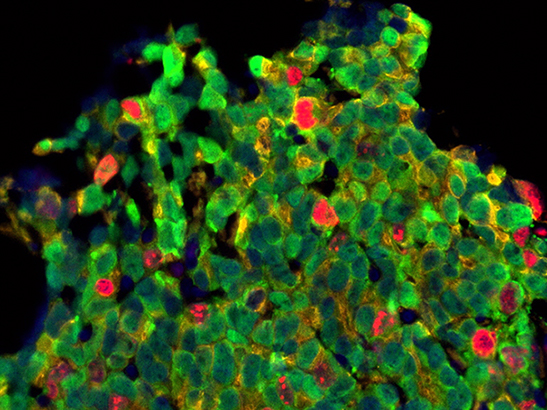
Our world-leading prostate cancer research
Researchers at the ICR are known around the world for their success in improving treatments for men with prostate cancer. Henry French gives an overview of some of our more recent discoveries.

ICR responds to NICE approval of new breakthrough drugs on the NHS for women with advanced breast cancer
The Institute of Cancer Research, London, welcomes the approval by NICE of a new type of treatment for women with previously untreated advanced breast cancer.

MR Linac: first healthy volunteer scanned in pioneering new radiotherapy machine
The first healthy volunteer has been scanned using a revolutionary new type of radiotherapy machine, which is set to transform cancer treatment by allowing radiation to be aimed at tumours with extreme precision.

NCRI 2017: Big data analysis predicts risk of radiotherapy effects
Analysing big data to predict men’s risk of side effects could help personalise radiotherapy treatment for prostate cancer, according to new research presented at the National Cancer Research Institute’s (NCRI) Cancer Conference in Liverpool, today.
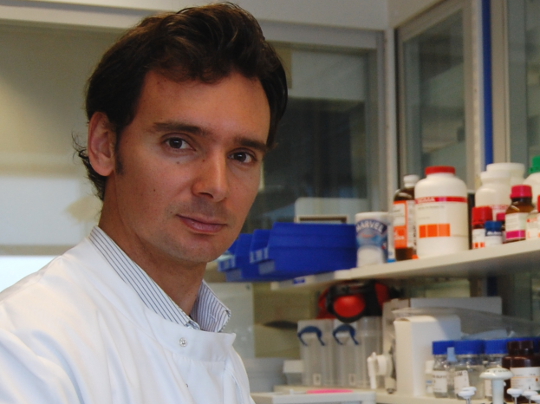
NCRI 2017: Dr Gerhardt Attard wins Cancer Research UK Future Leaders Prize
Dr Gert Attard has been awarded the Cancer Research UK Future Leaders in Cancer Research Prize at this week’s National Cancer Research Institute (NCRI) conference in Liverpool.
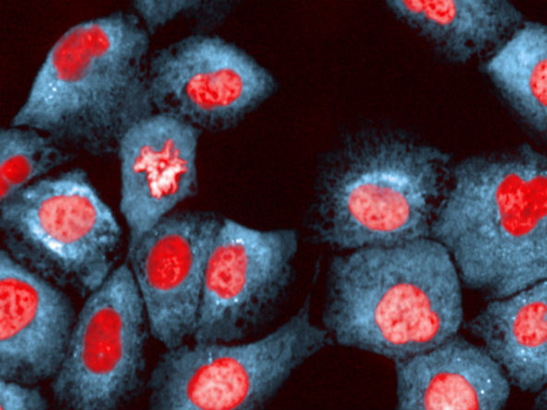
More breast cancer patients should be offered BRCA gene testing, new research shows
Many more people with breast cancer could get tested for mutations in the BRCA1 and BRCA2 genes under new criteria, a study suggests.
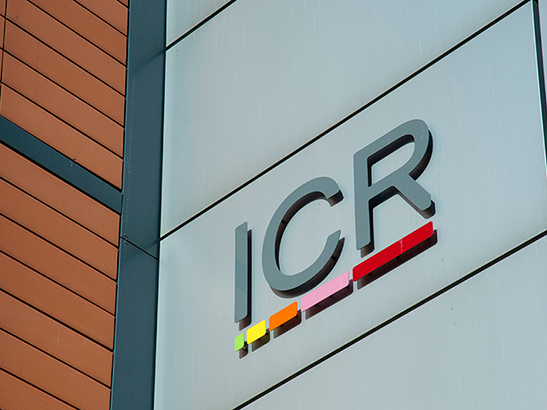
ICR responds to Government report produced following Accelerated Access Review
The Institute of Cancer Research, London, today responds to the Government’s announcement of a new, fast-track route into the NHS for 'breakthrough' medicines and technologies. This announcement is a response to 2016's Accelerated Access Review.

New blood test detects early resistance to BRCA-targeting drugs for breast and ovarian cancer
Scientists have developed a new highly sensitive blood test to deliver precision medicine to women with BRCA mutations who have breast or ovarian cancer.
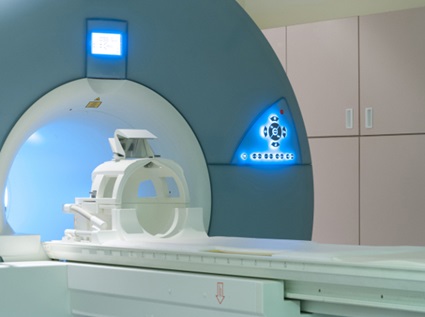
Special device facilitates imaging of mice on clinical MRI scanners for neuroblastoma research
A special device for holding mice while they undergo magnetic resonance imaging (MRI) scans on clinical MRI machines – those used on humans – can enhance imaging investigations in mouse models of neuroblastoma, researchers have found.
-547x410.jpg?sfvrsn=2c1d545c_2)
How we’re commercialising a pioneering cancer drug
In advance of industry conference BIO-Europe, Henry French speaks to the Enterprise Unit’s Dr Toby Richardson about one of the most promising commercialisation opportunities in our partnering portfolio.

The ICR named UK’s top higher education institution for commercial earnings
The Institute of Cancer Research, London, is now the most successful higher education institution in the UK at earning invention income from its research.

New targeted cancer drug shows signs of effectiveness in first clinical trial
A new targeted cancer drug has a good safety profile and has led to responses in some patients with particular genetic characteristics in their tumours.